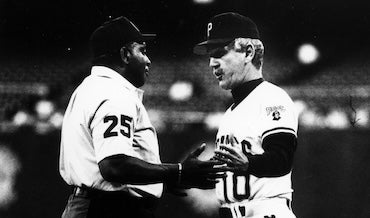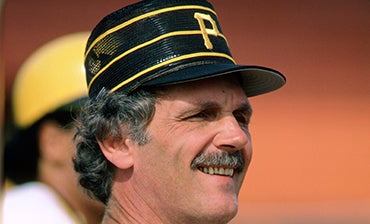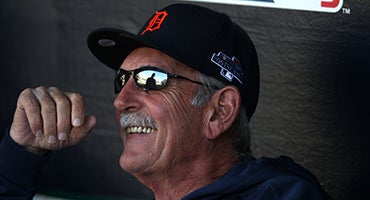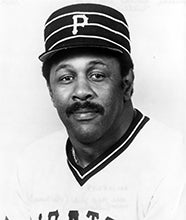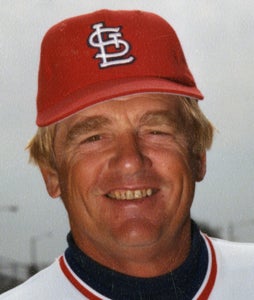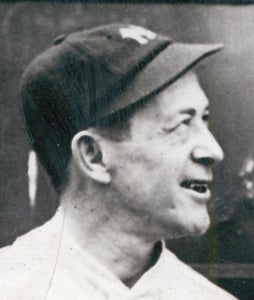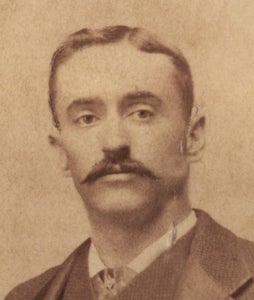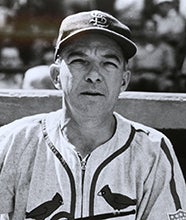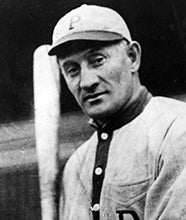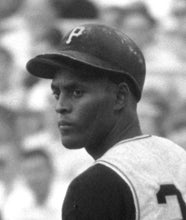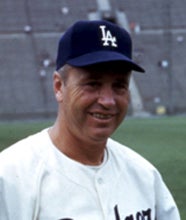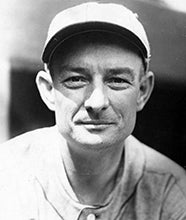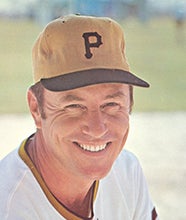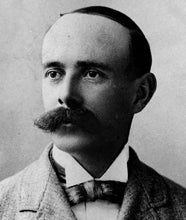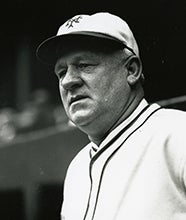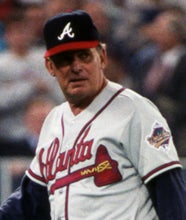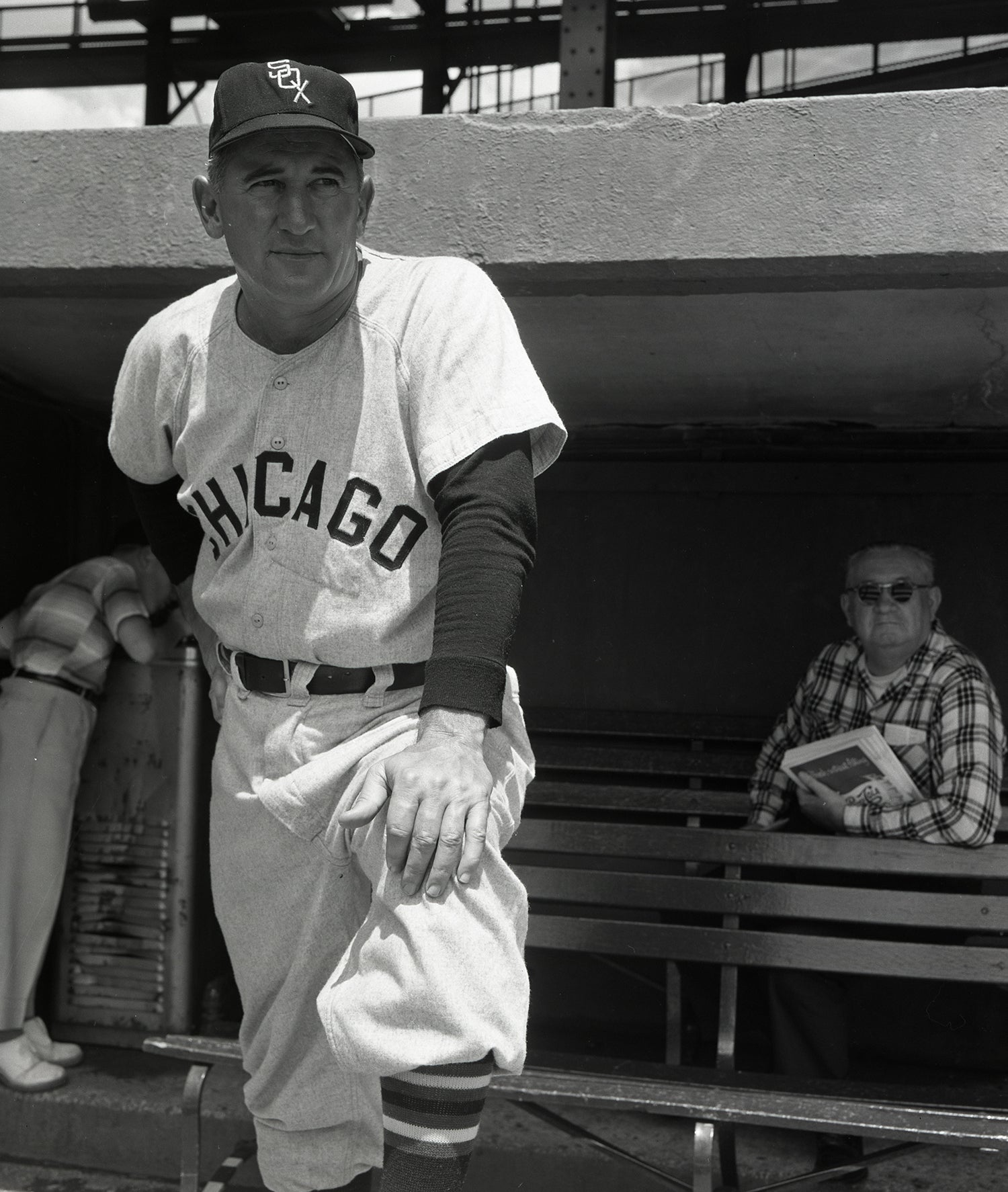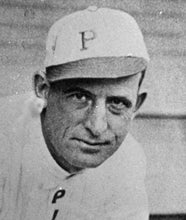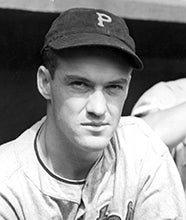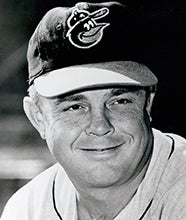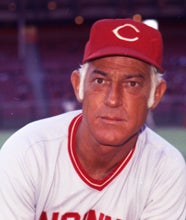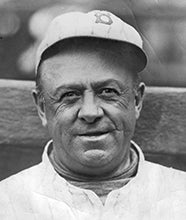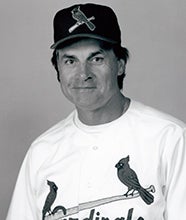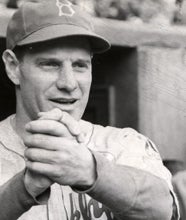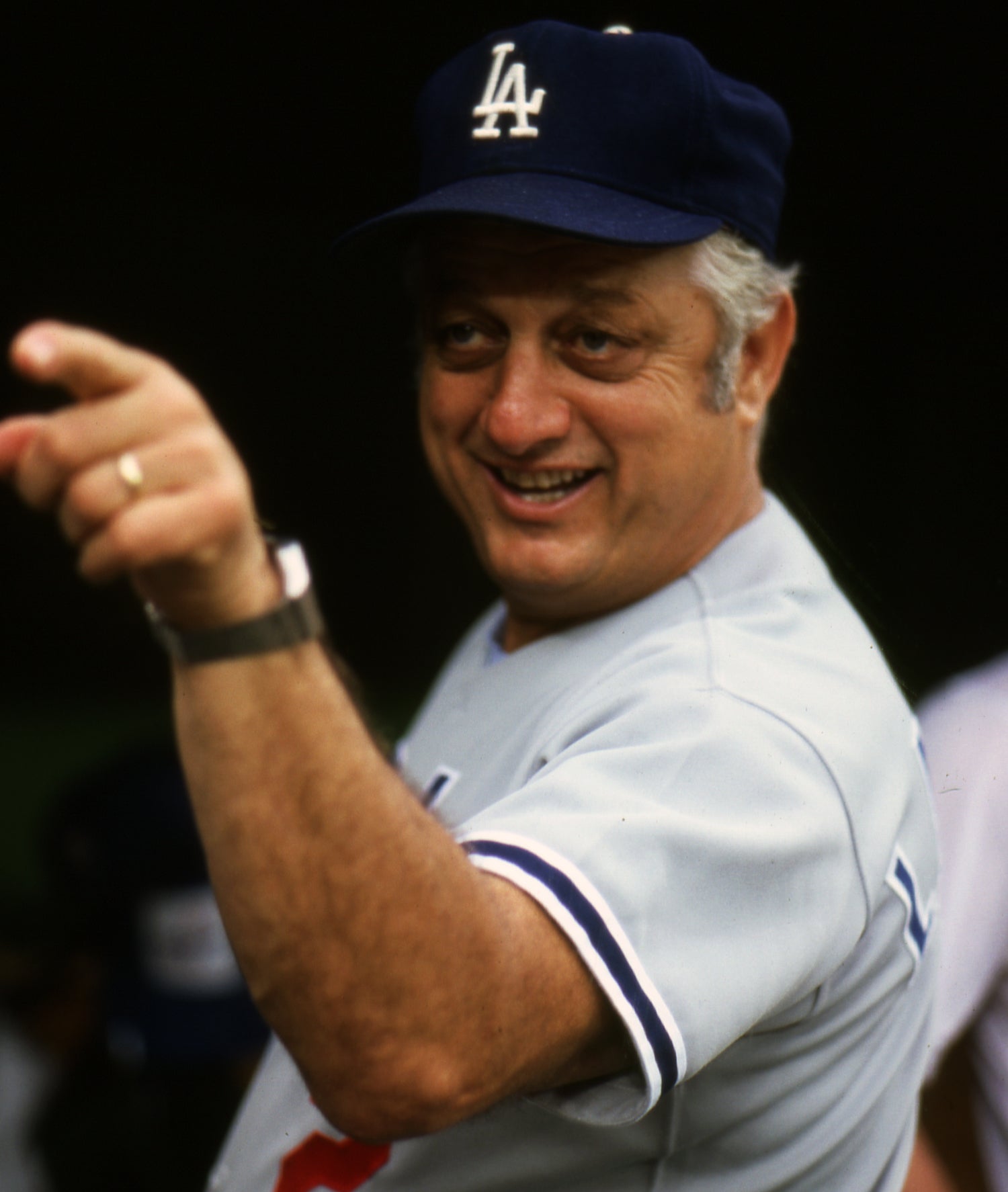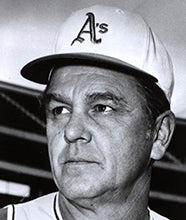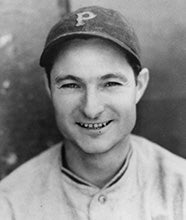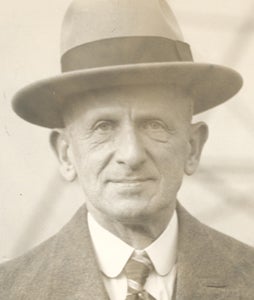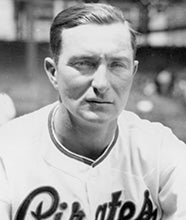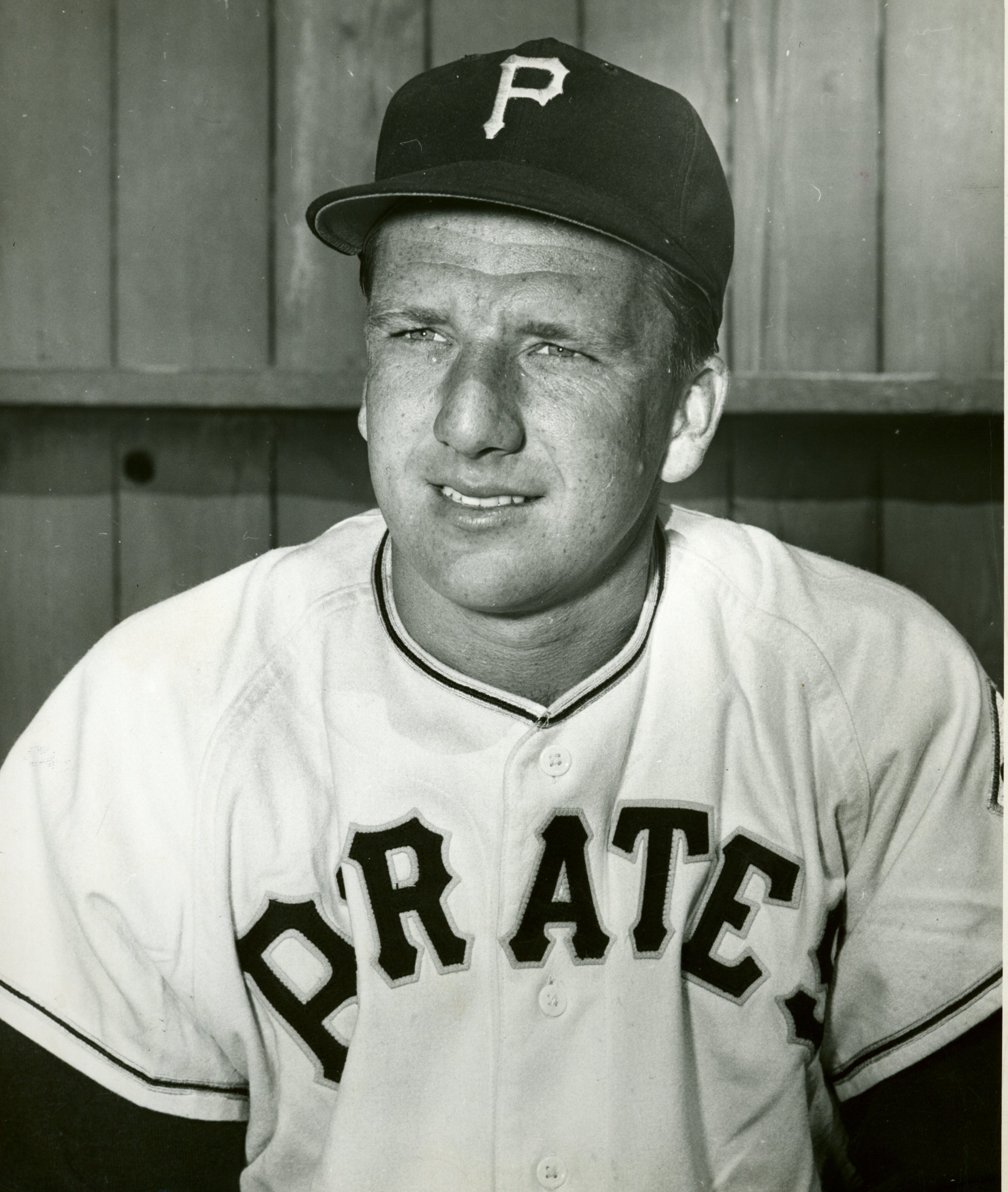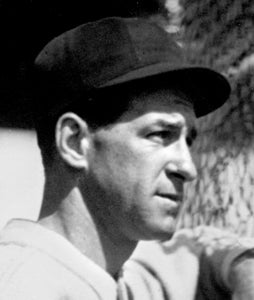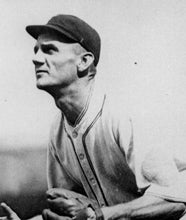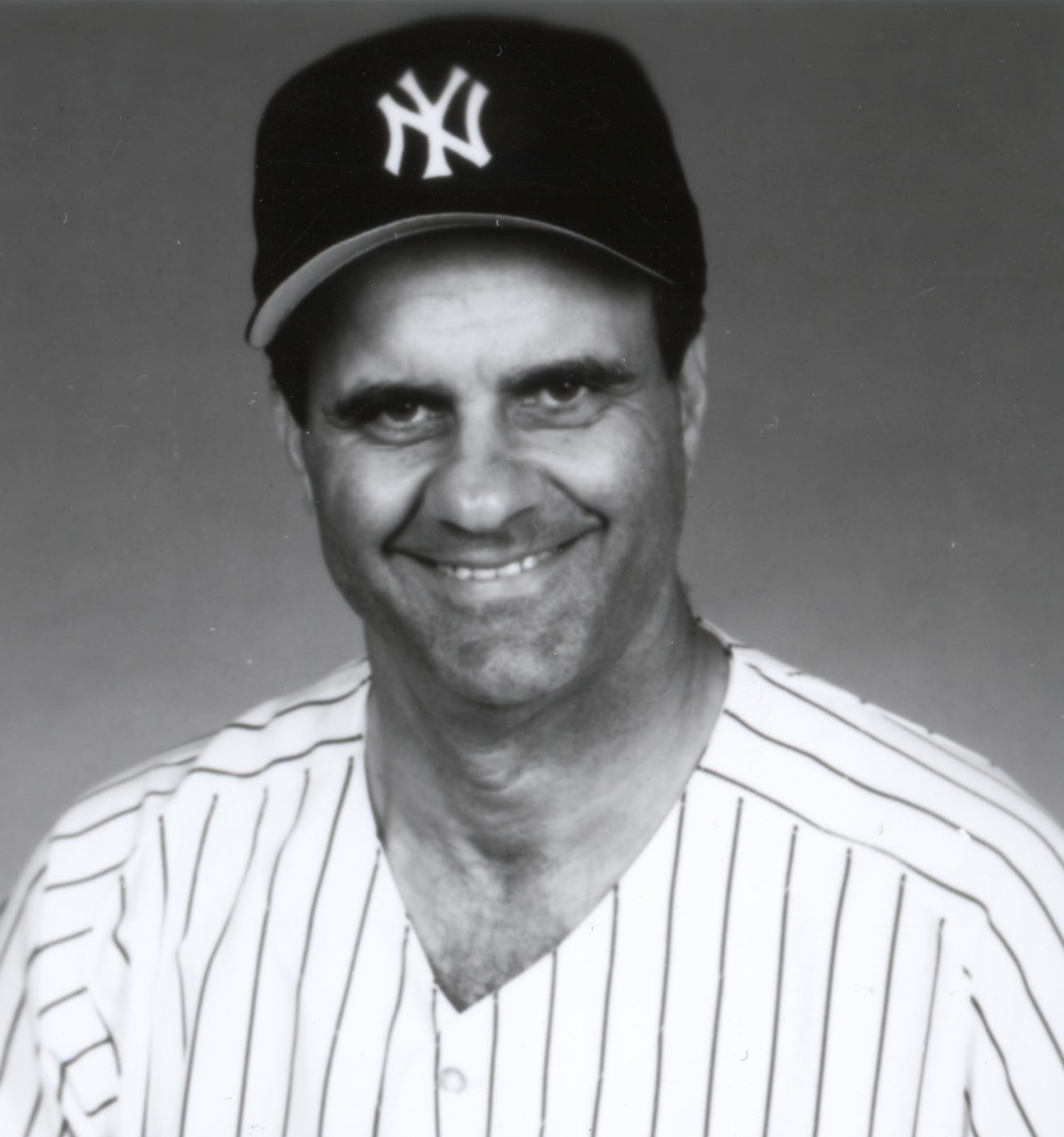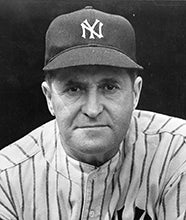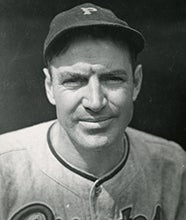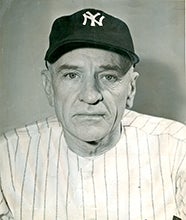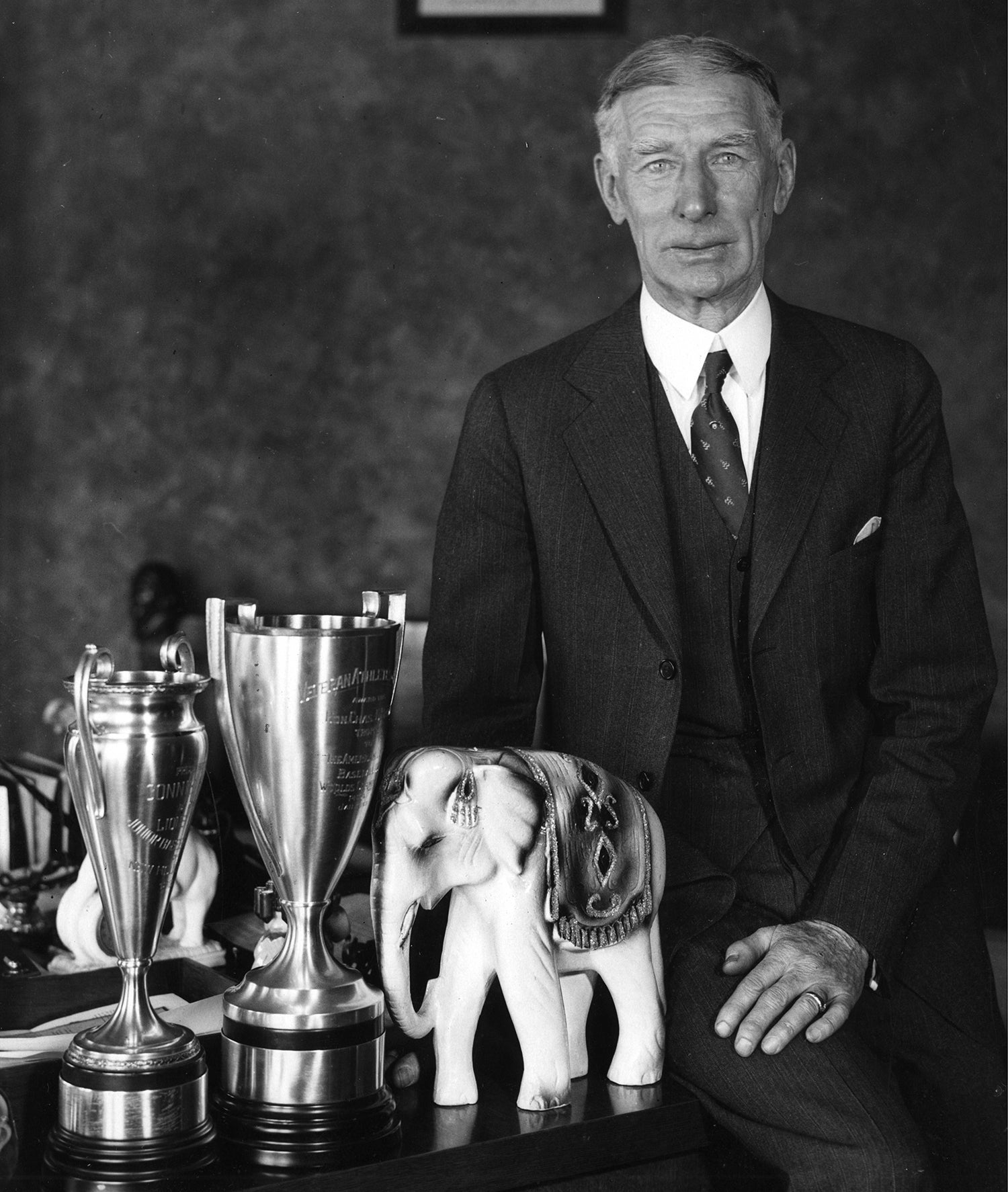When Jim Leyland took over the Pittsburgh Pirates on Nov. 20, 1985, he entered his first big league managerial job with a one-year contract and a team coming off a 104-loss season.
When Leyland walked away from his last job as a big league manager in 2013, he owned three Manager of the Year Awards, a 1997 World Series championship ring and the respect of nearly everyone in baseball. Now, he has a place in Cooperstown.
Born Dec. 15, 1944 in Toledo, Ohio, Leyland signed with the Tigers out of high school and played for seven seasons in the minors as a catcher, never advancing beyond Double-A. But Leyland’s determination and dedication earned him a spot in the Tigers’ organization after his playing days ended, and by 1971 he was managing in the minors.
He posted winning records in seven of his 11 seasons as a manager in Detroit’s system, and in 1982 he secured a spot on the staff of Tony La Russa with the White Sox. Soon, Chicago’s new third base coach began building a reputation as a big league managerial candidate.
“It takes three things to become a successful manager – knowledge, patience and guts – and Leyland has a high degree of all three of them,” Ken Harrelson, then the general manager of the White Sox, told the Pittsburgh Post-Gazette the day the Pirates hired Leyland off of La Russa’s staff.
Quickly, Leyland revitalized a Pirates team that had struggled since winning the World Series in 1979. With the help of general manager Syd Thrift, Leyland steadily rebuilt the Pirates into a winner – culminating with three straight National League East titles from 1990-92. In the first and last of those three seasons, Leyland was named the National League Manager of the Year.
“I’ve never learned as much from any man,” said La Russa, who was elected to the Hall of Fame in 2014, to the Newark Star-Ledger in 1996, “as I have from Jim.”
The Pirates, however, were unable to advance to the World Series during that stretch. And with the franchise under duress due to an aging Three Rivers Stadium and ownership turnover, Leyland resigned following the 1996 season after 11 seasons and 851 wins.
He was not out of work for long. The Florida Marlins were building a strong team through free agency in the mid-1990s – and Leyland signed on to manage in South Florida in 1997. He led the Marlins to the World Series title that year, alternately smiling and crying after Game 7 in a release of emotion.
The next year, however, proved to be much different when the Marlins unloaded much of their talented roster in cost-saving moves. Florida lost 108 games in 1998, and Leyland resigned.
“This job entails a lot more than people think,” Leyland told SI.com. “There’s a lot more than writing out the lineup and pulling the pitcher.”
He returned to the dugout in 1999 as the Rockies manager, but the skipper who preached pitching, defense and fundamentals seemed to be out of place in the high-octane offensive environment in Denver. After a 90-loss season, Leyland resigned again.
But in 2006, he reprised his role as franchise builder with the Tigers – a team that had lost an American League-record 119 games in 2003. Two more 90-loss seasons followed, but in Leyland’s first year in 2006 – after the Tigers had posted 12 straight losing seasons – he led Detroit to 95 wins and the American League pennant before falling to St. Louis, with his close friend La Russa in the opposing dugout, in the World Series. He won his third Manager of the Year Award following the season.
Four non-playoff seasons followed – three of which featured at least 81 wins – before the Tigers again rose to become an AL powerhouse. Detroit advance to the ALCS in 2011 and the World Series the following year before another ALCS appearance in 2013. But following that loss to Boston in 2013, a visibly tired Leyland stepped away again.
He returned to the national stage in 2017 when he managed Team USA to the World Baseball Classic title and finished his big league career with a record of 1,769-1,728, three Manager of the Year Awards and three other second-place finishes (1988, 1991, 2011) in that voting.
“Jim has a vision of the way baseball should be played,” Angels manager Mike Scioscia told the Associated Press, “and has a terrific ability to adjust his vision to tailor it to what he has.”


